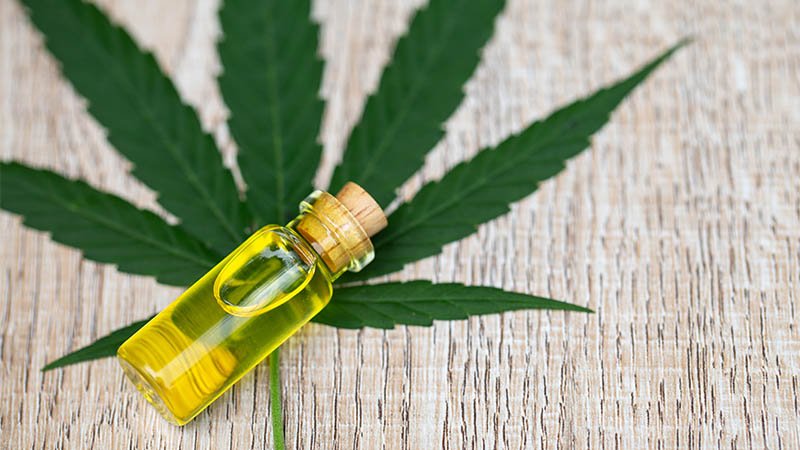Cannabidiol (CBD) oil is a popular natural remedy used for many common health conditions. It is derived from the cannabis plant, but unlike its counterpart THC, it does not produce a “high” sensation. In this post, we will explore the benefits of CBD oil and its potential side effects. Benefits of CBD Oil and side effect
What is CBD Oil?

CBD oil is a type of cannabinoid that is extracted from the hemp plant. It is non-psychoactive and is used to treat a variety of health conditions.
Benefits of CBD Oil
There are many potential benefits of CBD oil, including:
Pain Relief: CBD oil has been shown to reduce chronic pain and inflammation, making it a popular natural alternative to traditional pain medications.
Anxiety and Depression: CBD oil has been shown to reduce anxiety and depression in both human and animal studies. It can also improve sleep quality and reduce the symptoms of post-traumatic stress disorder (PTSD).
Neuroprotective Properties: CBD oil may have neuroprotective properties and may help to reduce the risk of neurological disorders such as Parkinson’s disease and Alzheimer’s disease.
Anti-Seizure Properties: CBD oil has been shown to reduce the frequency and severity of seizures in people with epilepsy.
Cancer Treatment: CBD oil may have anti-cancer properties and may help to reduce the side effects of cancer treatments such as chemotherapy and radiation therapy.
Acne Reduction: CBD oil may help to reduce acne due to its anti-inflammatory properties.
Side Effects of CBD Oil
While CBD oil is generally considered safe, it can cause some side effects in some people. These may include:
- Nausea
- Fatigue
- Irritability
- Dry Mouth
- Changes in Appetite
Interactions with Other Medications
CBD oil can also interact with certain medications, including blood thinners and anti-seizure medications. It is important to speak with your doctor before using CBD oil if you are taking any medications.
How to Use CBD Oil
CBD oil can be used in a variety of ways, including:
- Sublingual: CBD oil can be placed under the tongue and held there for 60-90 seconds before swallowing. This method allows for quick absorption into the bloodstream.
- Topical: CBD oil can be applied directly to the skin to reduce inflammation and pain.
- Inhalation: CBD oil can be inhaled through a vaporizer or e-cigarette.
It is important to follow the recommended dosage instructions on the label of the CBD oil product you are using. Dosages can vary depending on the concentration of CBD in the product and the reason for use.
How to Choose a CBD
Oil Product When choosing a CBD oil product, it is important to look for:
- A reputable brand: Look for a brand that is transparent about its manufacturing processes and sources its CBD from high-quality, organic hemp plants.
- Third-party testing: Look for products that have been third-party tested for purity and potency.
- Concentration of CBD: Look for products that have a concentration of at least 250mg of CBD per ounce.
- Type of CBD: Look for products that contain full-spectrum CBD or broad-spectrum CBD. Full-spectrum CBD contains all the compounds found in the hemp plant, including THC (less than 0.3%), while broad-spectrum CBD contains all the compounds except for THC.
Conclusion
CBD oil is a natural and effective remedy for many common health conditions. It has many potential benefits and may help to reduce chronic pain, anxiety, and depression, as well as improve sleep quality and reduce the risk of neurological disorders. However, it is important to be aware of its potential side effects and interactions with other medications. As with any supplement, it is important to speak with your doctor before using CBD oil.








































